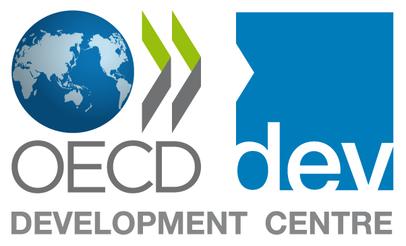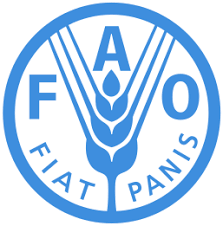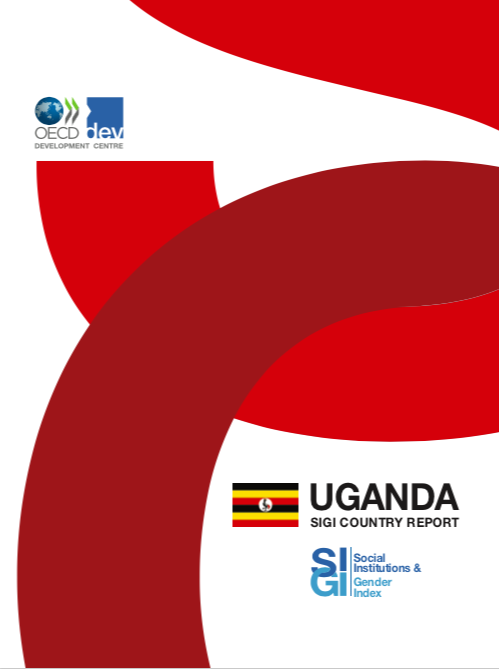Location
The OECD Development Centre was established in 1961 as an independent platform for knowledge sharing and policy dialogue between Organisation for Economic Co-operation and Development member countries and developing economies, allowing these countries to interact on an equal footing.
The Centre draws attention to emerging systemic issues likely to affect global development and more specific development challenges faced by today’s developing and emerging economies. It uses evidence-based analysis, and strategic partnerships, to help countries formulate innovative policy solutions to the global challenges of development.
Members:
Resources
Displaying 1 - 5 of 14VGGT: OECD-FAO Guidance for Responsible Agricultural Supply Chains
Enterprises involved in agricultural supply chains can create employment, raise labour standards and bring the technology to increase agricultural production or reduce pollution. But their activities can also contribute to food insecurity by leading to the eviction of local communities from their lands. Child labour and abuses of migrant workers and women are regularly reported. The production of some agricultural commodities leads to soil degradation, water resource depletion and deforestation.
VGGT: Pilot project on the implementation of the OECD-FAO Guidance for Responsible Agricultural Supply Chains
To support the practical application of the OECD-FAO Guidance, in early 2018 the OECD and FAO launched an implementation pilot with over thirty companies and industry initiatives. The first stage of the pilot was a baseline survey to assess how companies and industry initiatives are implementing the OECD-FAO Guidance and other related international standards. This report presents the findings of the baseline assessment.
Burkina Faso Social Institutions and Gender Index (SIGI)
The Burkina Faso-SIGI country study is a tailor-made policy and research tool, adapting the methodology and conceptual framework of the global SIGI to the national context. The adapted Burkina Faso-SIGI framework is the result of consultations, workshops, in-depth research and field surveys.
Social Institutions and Gender Index 2014-Synthesis Report
Discrimination against women and girls carries a high development cost. This
third edition of the SIGI captures and measures gender-based discrimination in social
institutions
− social norms, practices and laws
− across 160 countries. It exposes the
ongoing prevalence of discrimination in all regions of the world and across all cultures
irrespective of their levels of income or development. The 2014 edition of the SIGI
testifies to the global nature of gender inequality but provides evidence that national
Uganda SIGI Country Report
The Uganda-SIGI shows that investments in reducing gender inequalities holdimportant potential to improve women’s rights and reduce gender gaps. Over the pasttwo decades, Uganda has achieved solid progress, courtesy of comprehensive laws andpolicies strengthening women’s political participation and land rights, among others.
However, gaps and challenges remain across some key areas affecting women’srights. Gaps between opinions, perceived and actual practices highlight the urgency to tackle discriminatory social institutions through a multi-pronged and holistic approach.






